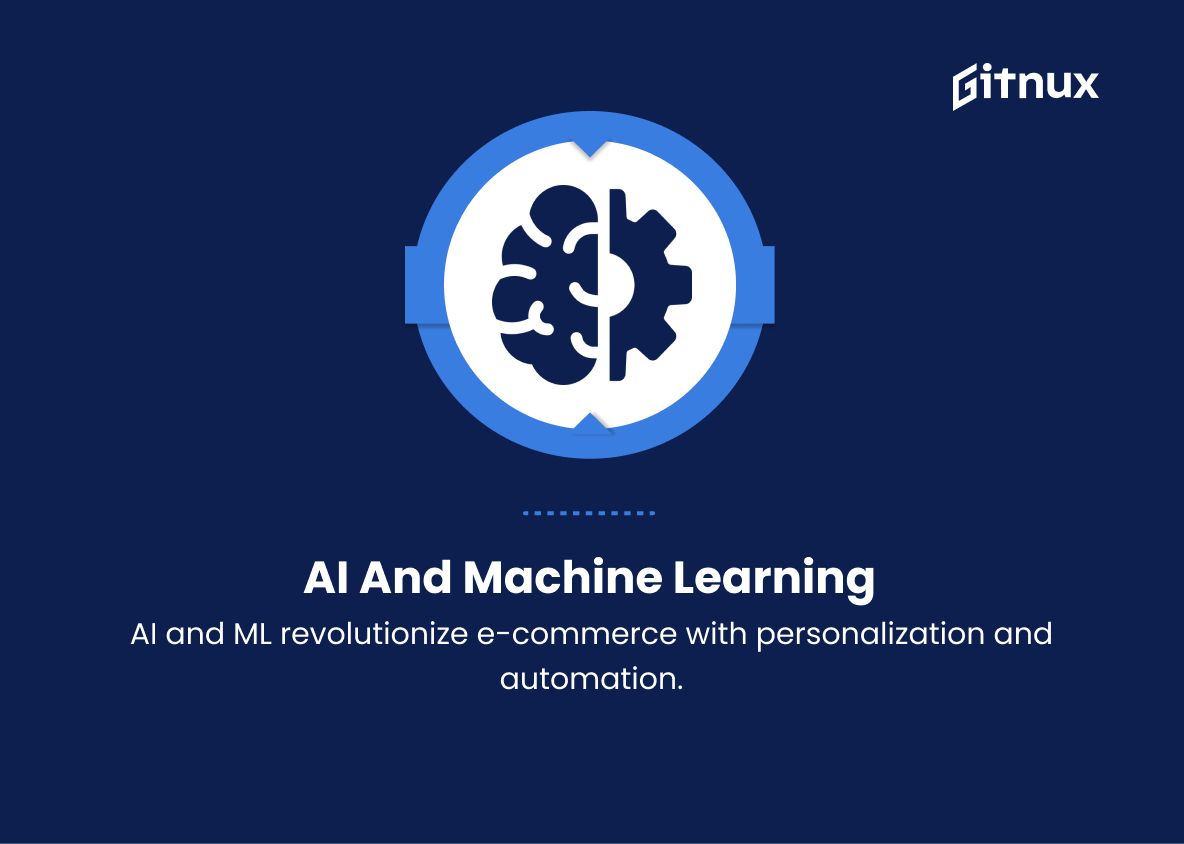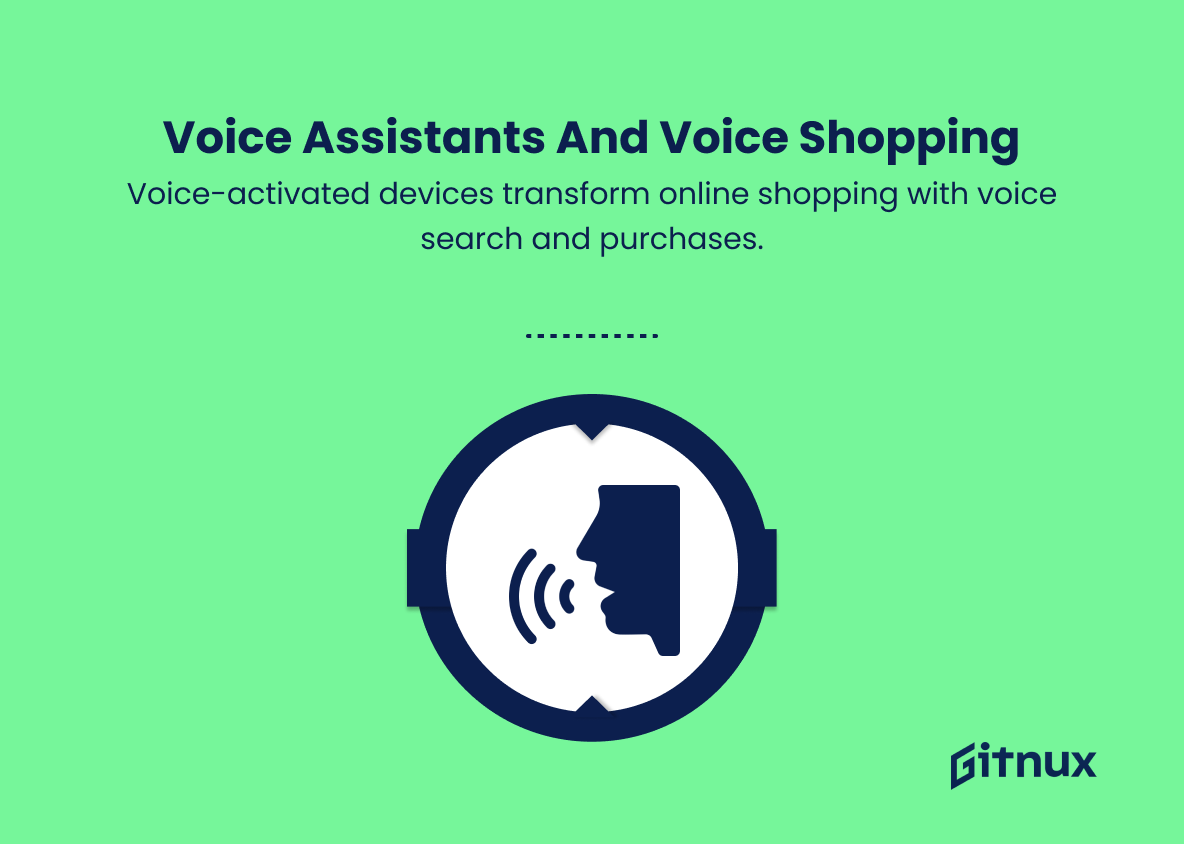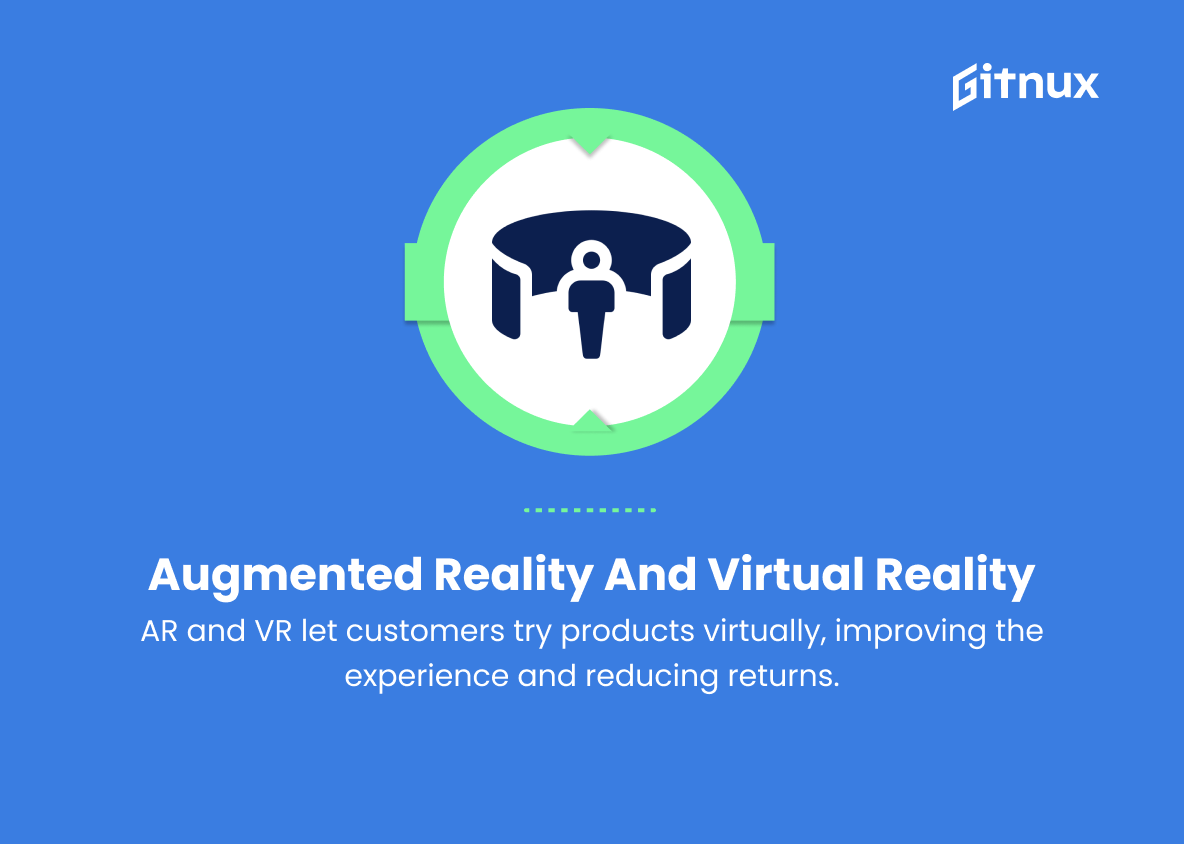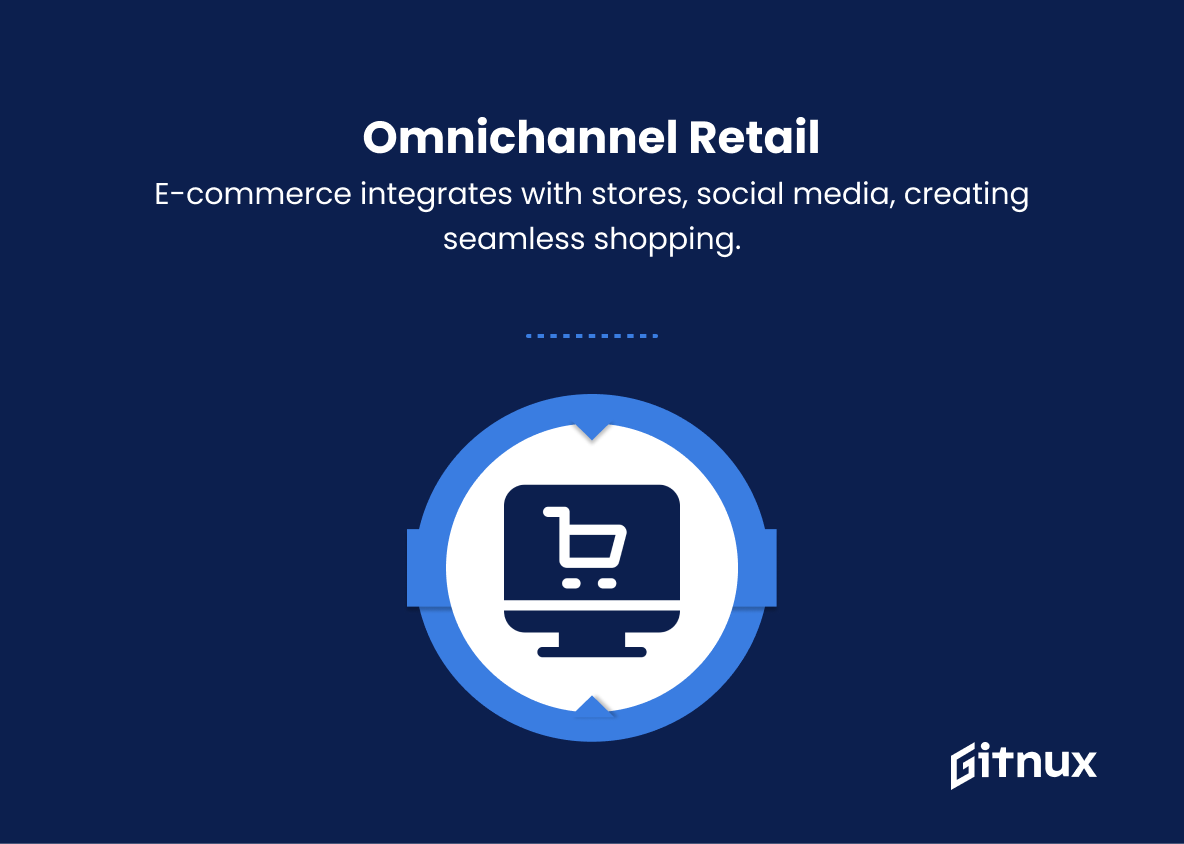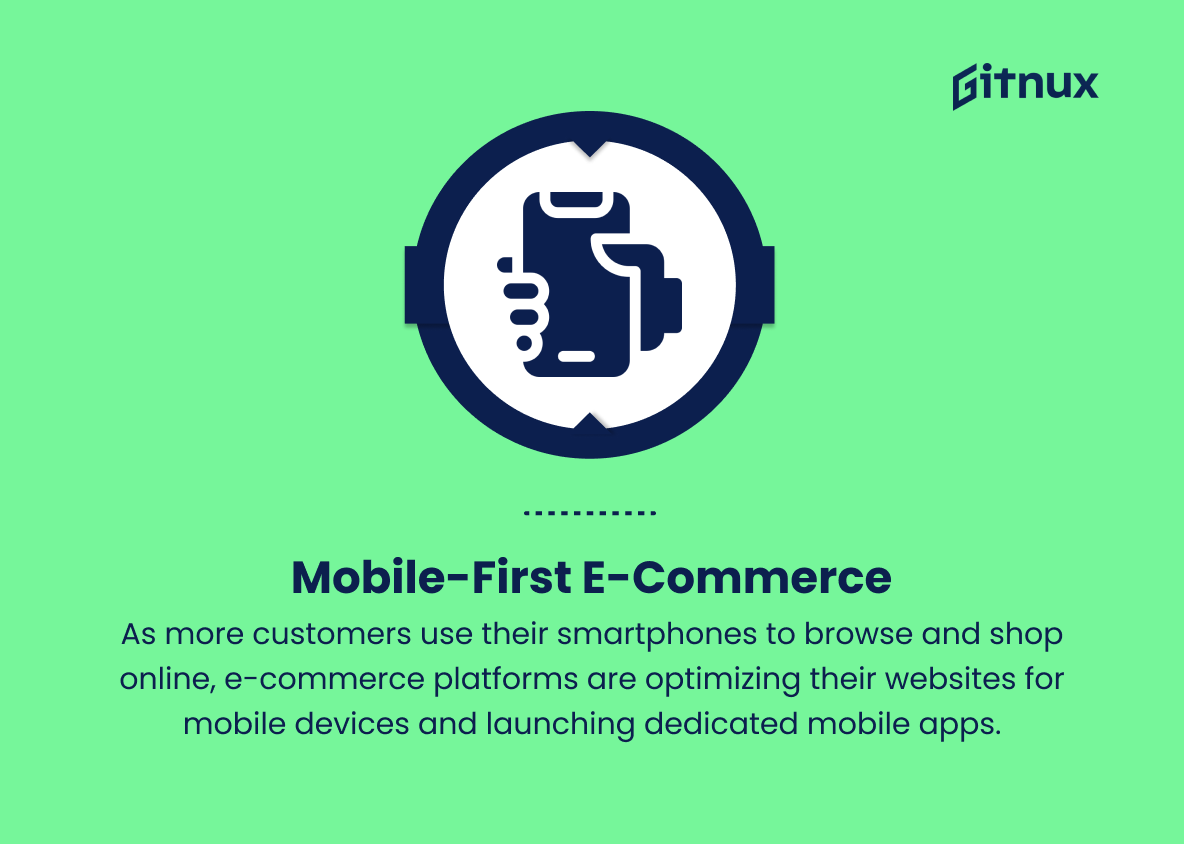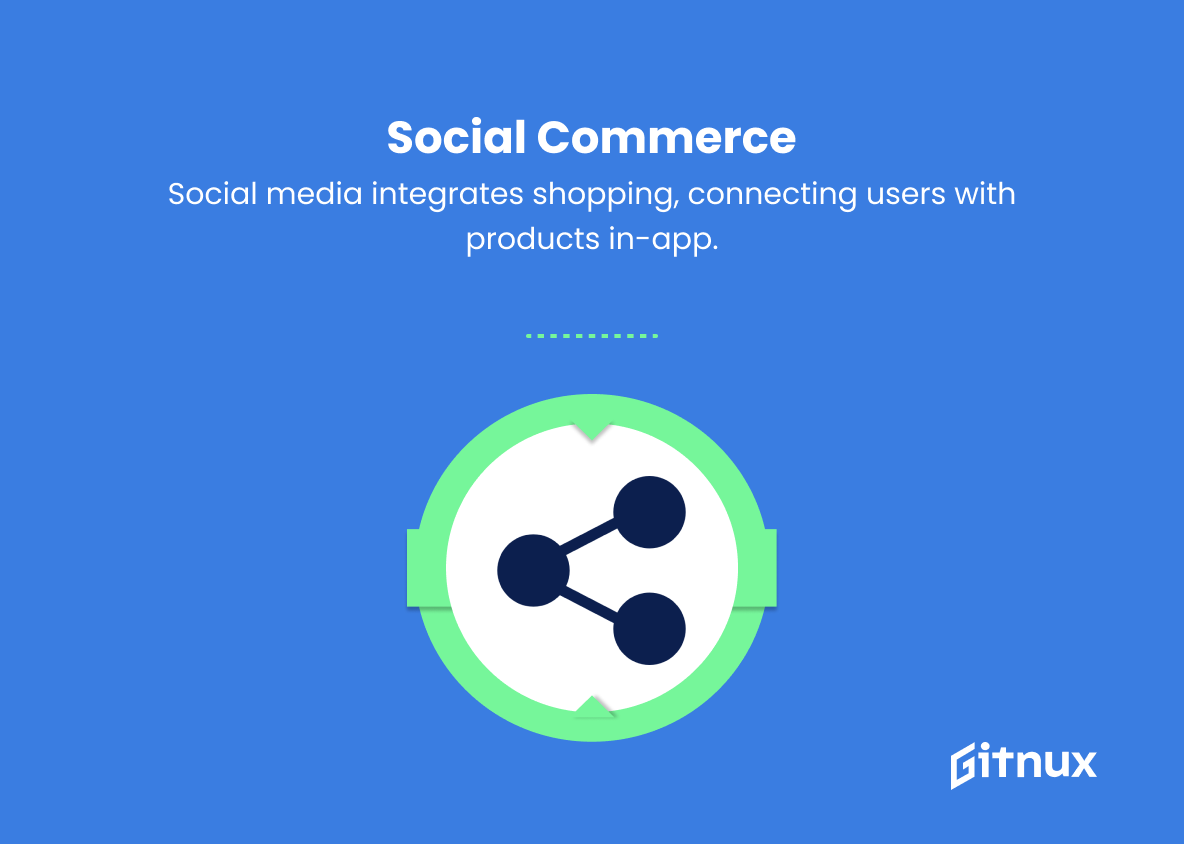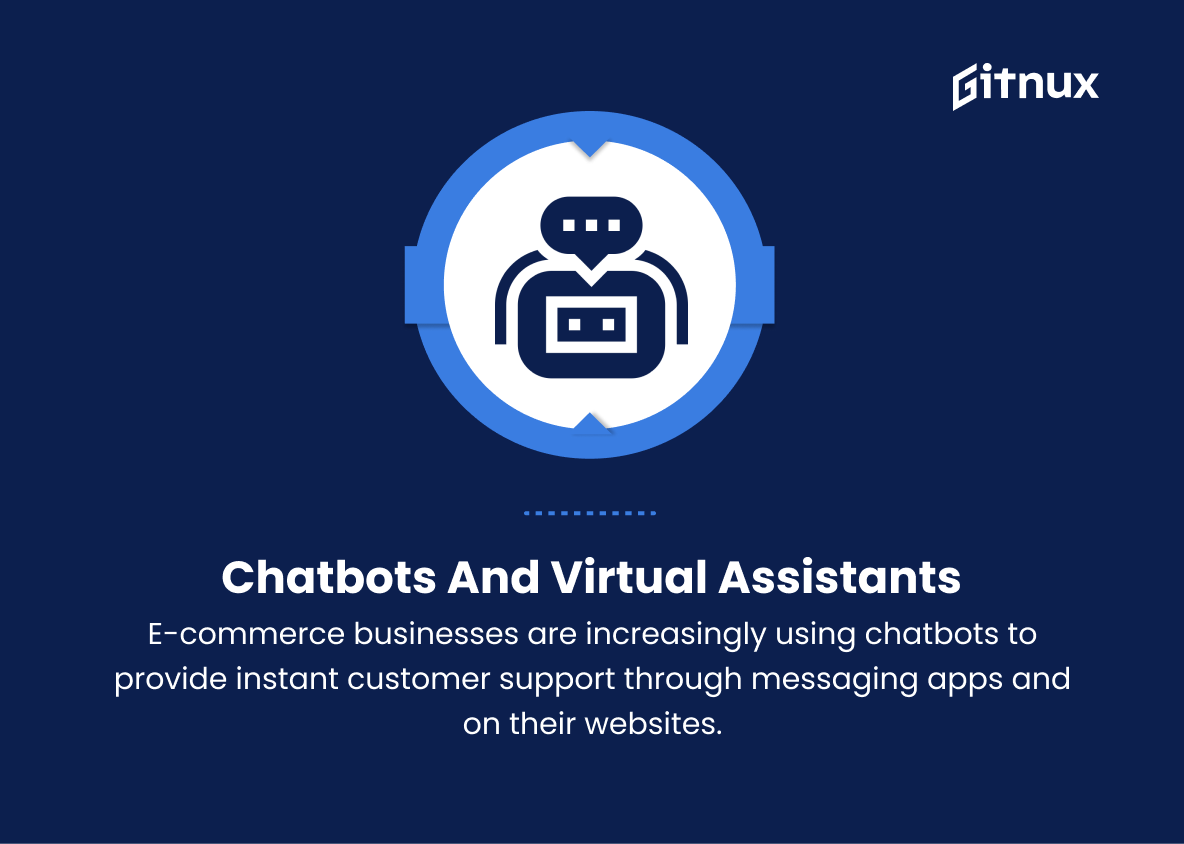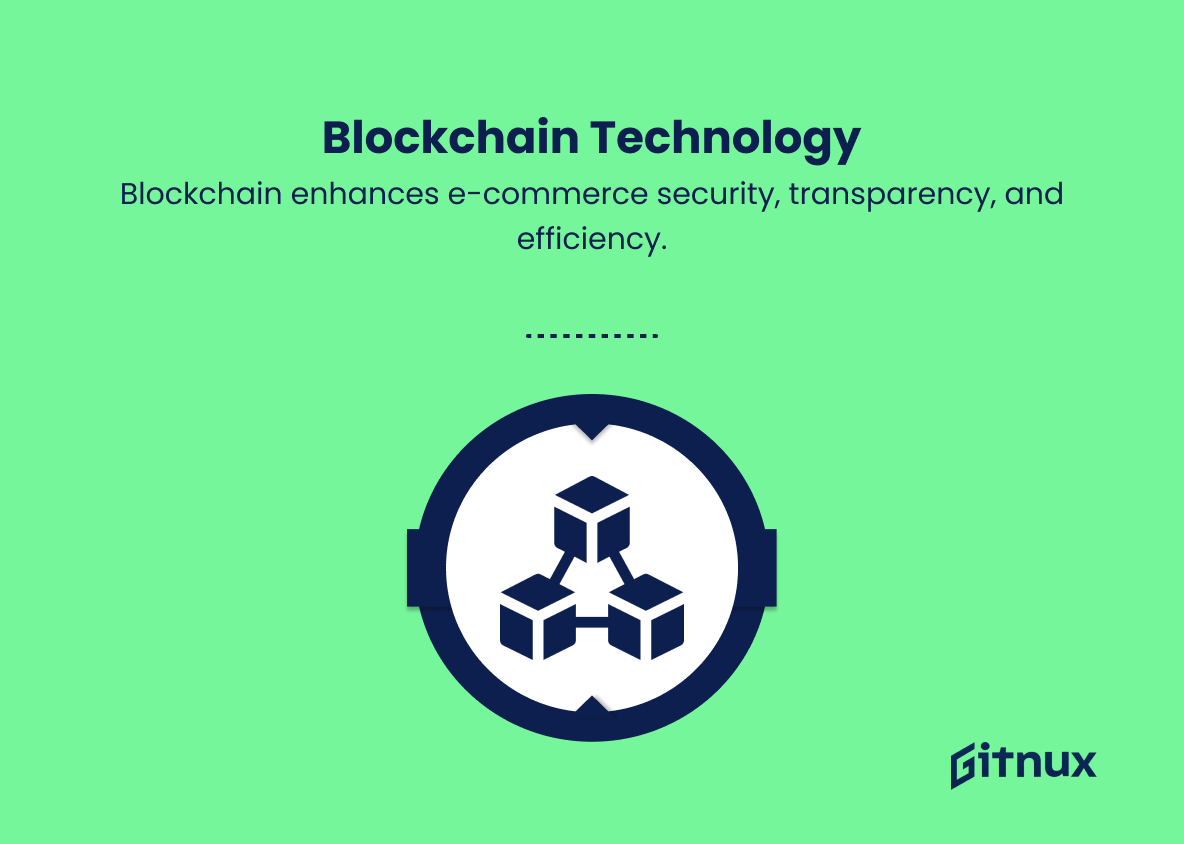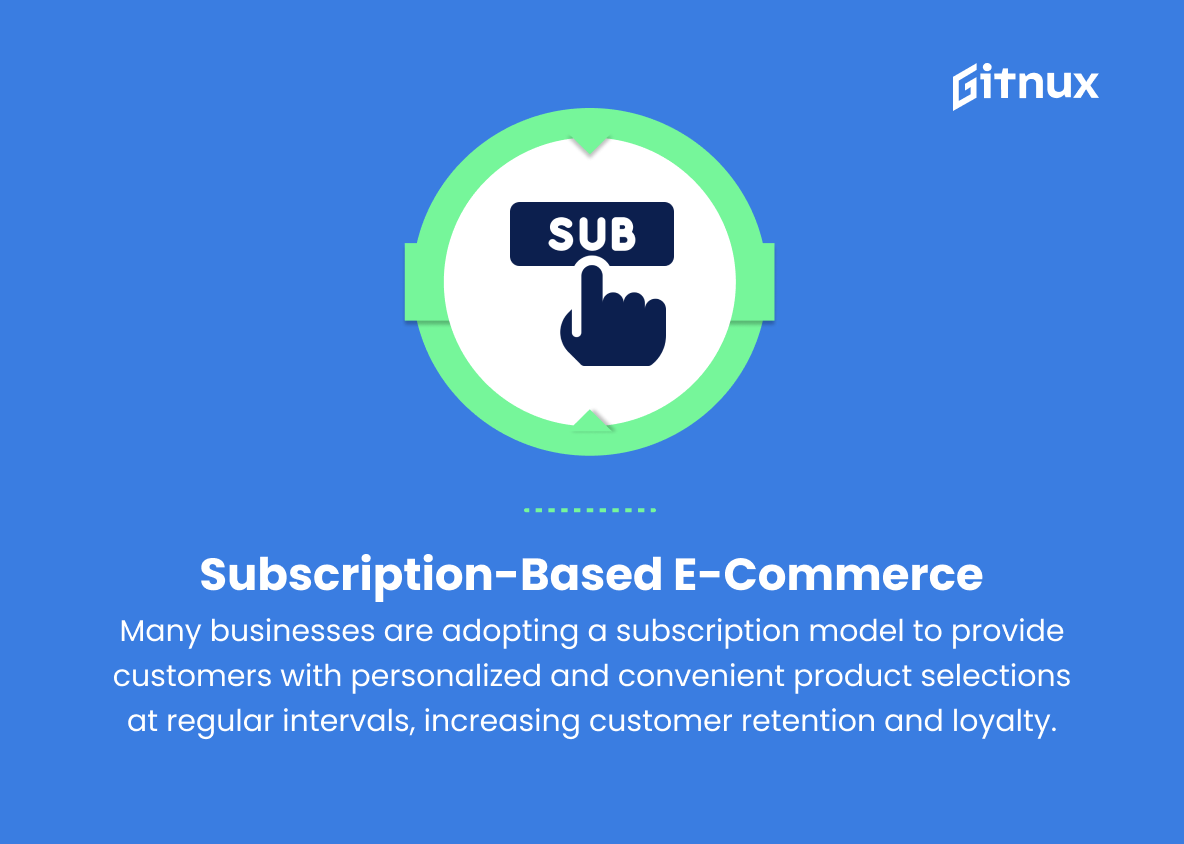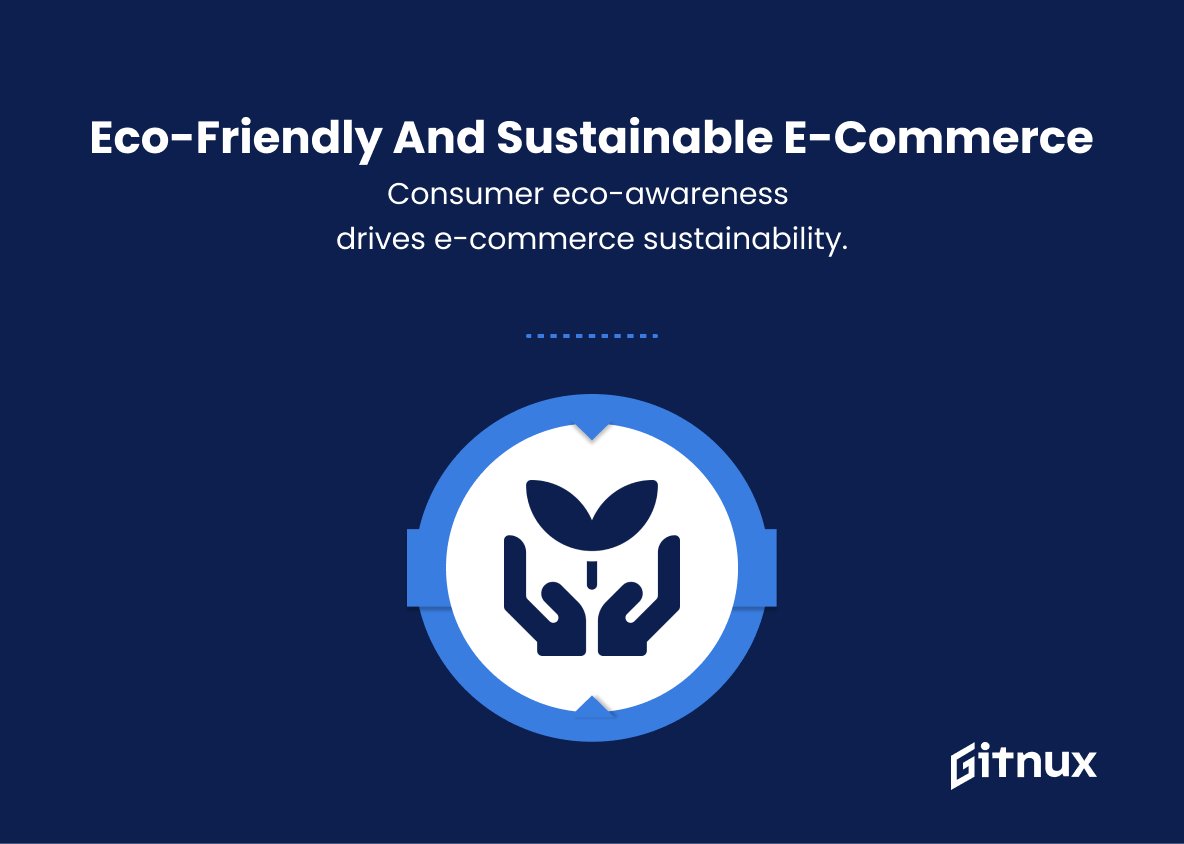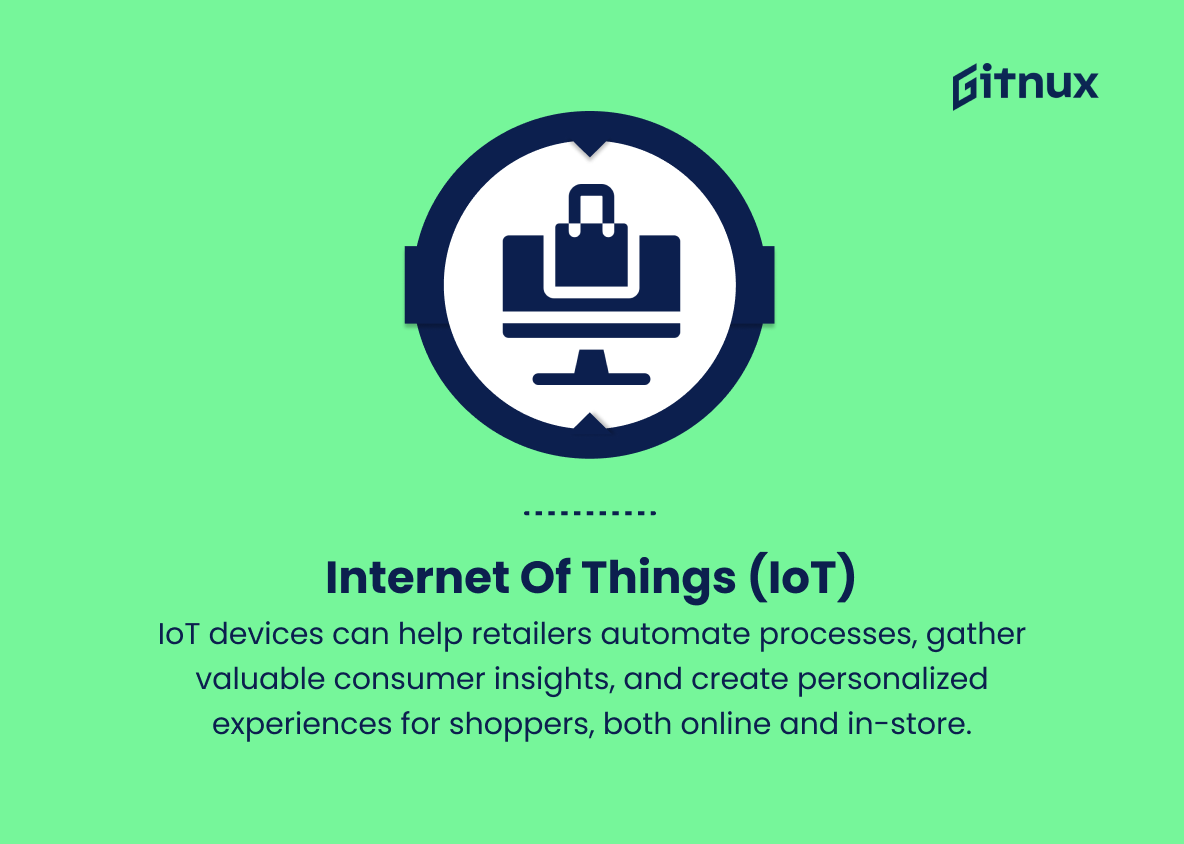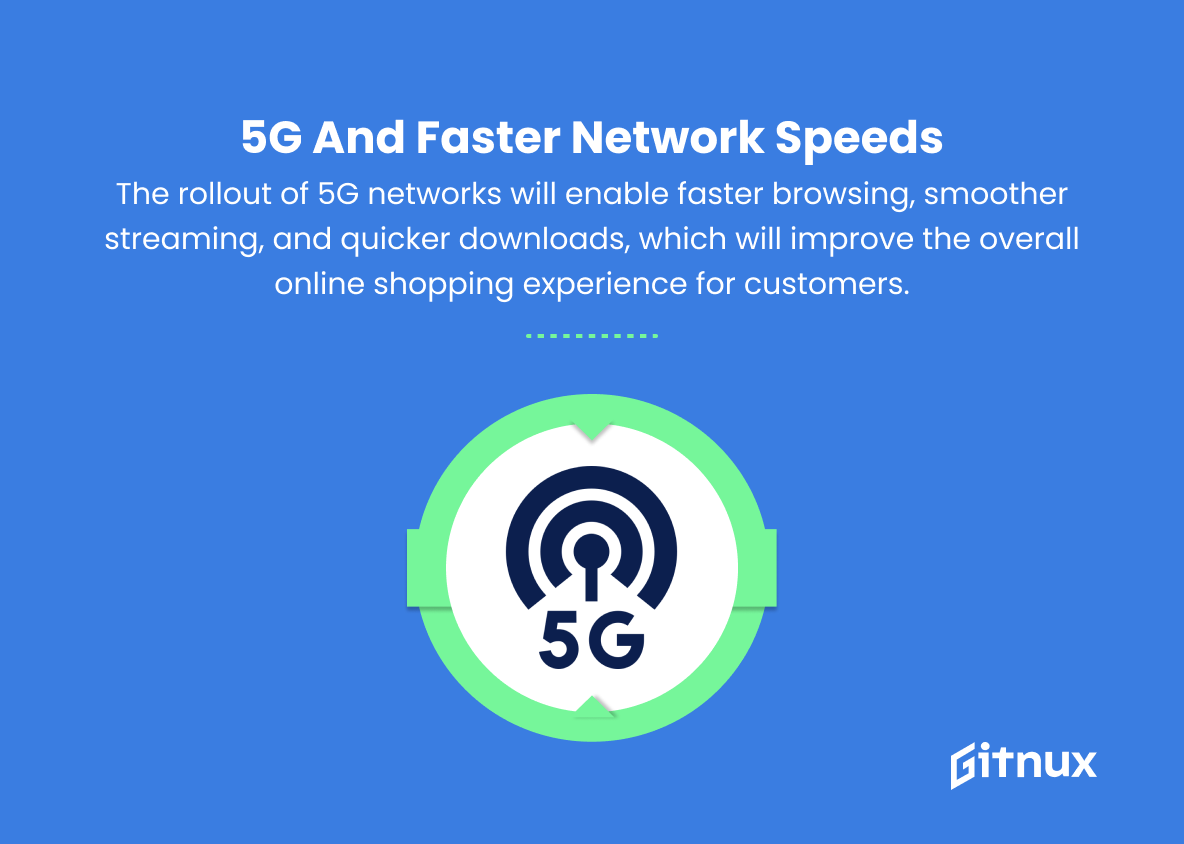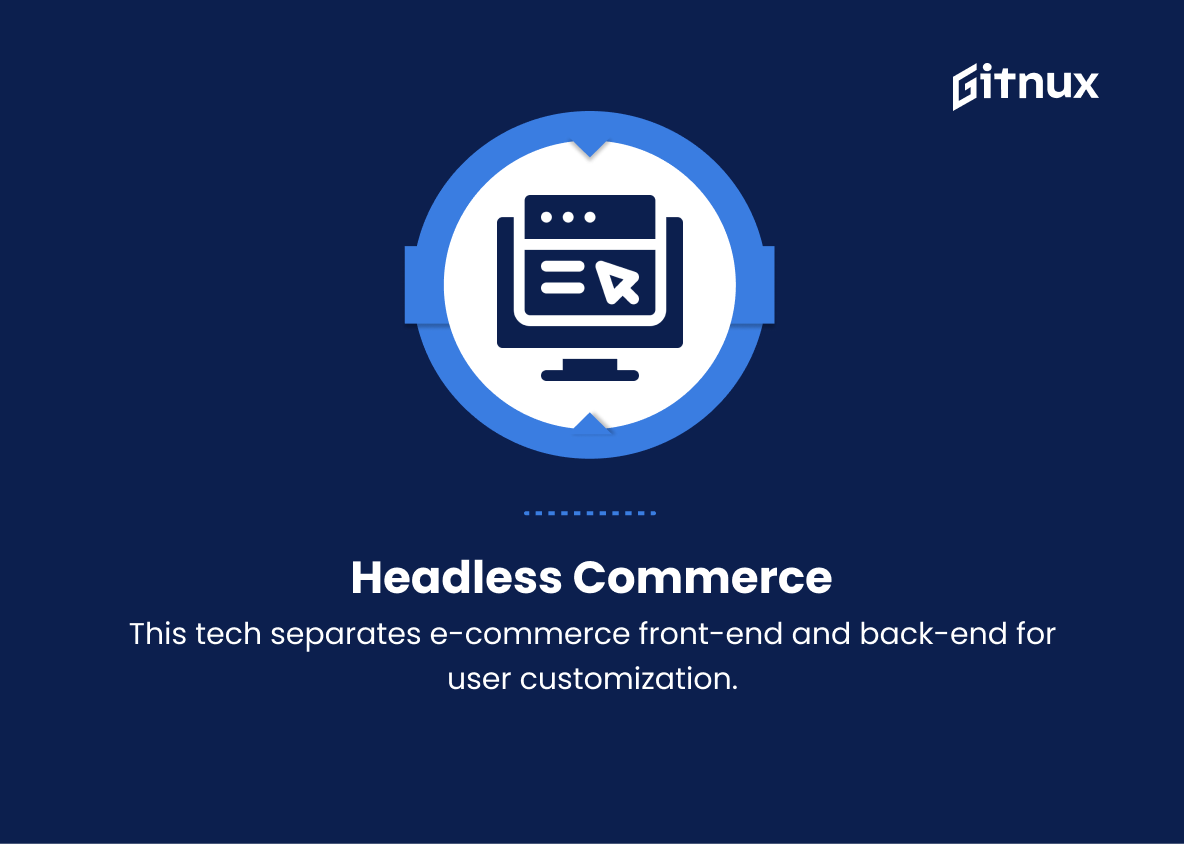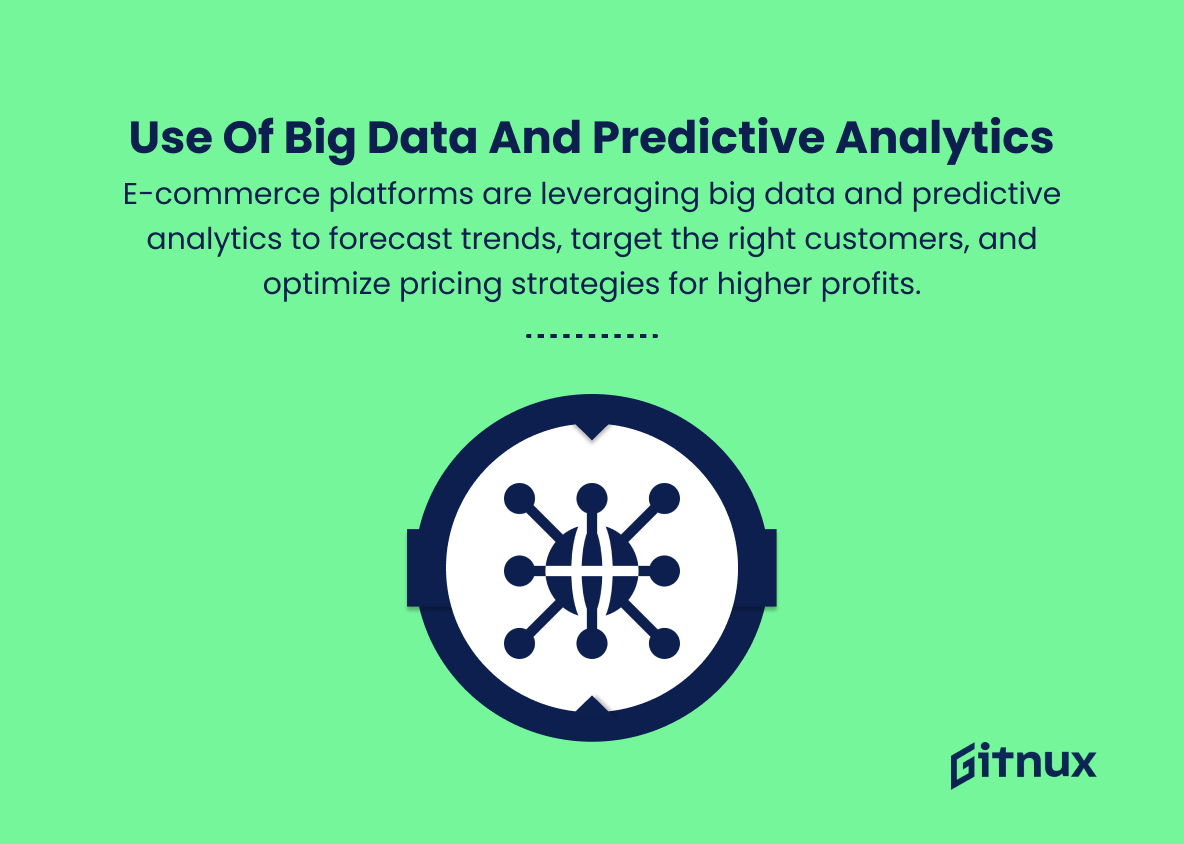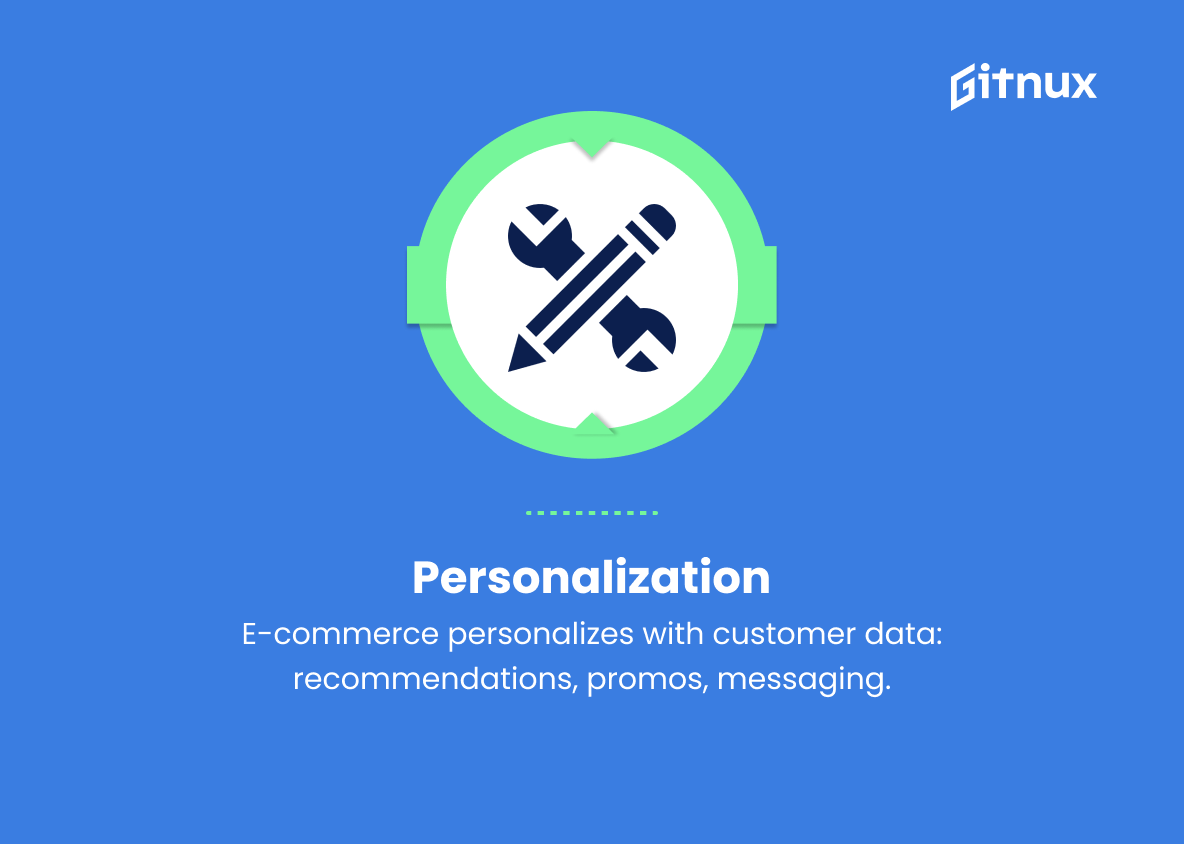In the fast-paced digital era we live in, e-commerce has rapidly evolved into a formidable force throughout the global market landscape. As this industry continues to grow exponentially, it is crucial for businesses and entrepreneurs to stay abreast of the latest technological trends that drive consumer behavior, increase efficiency, and ultimately propel the success of e-commerce ventures. In this thought-provoking blog post, we delve deep into the most significant e-commerce technology trends emerging today, offering vital insights, expert analysis, and practical strategies to navigate the ever-changing digital commerce landscape, and seize untapped opportunities for sustained growth and success.
Top E Commerce Technology Trends
1. Mobile Commerce
The increasing use of smartphones and tablets for online shopping has led to a significant growth in mobile commerce (m-commerce). Businesses are now optimizing their websites and apps for mobile devices to improve the user experience and drive sales.
2. Voice Commerce
Voice-activated assistants like Amazon’s Alexa, Google Assistant, and Apple’s Siri are paving the way for voice-driven e-commerce transactions. Customers can use their smart devices to place orders, track shipments, and make payments using only their voice.
3. Augmented Reality (AR) and Virtual Reality (VR)
AR and VR technologies are rapidly evolving and are expected to play a significant role in e-commerce by providing immersive shopping experiences. Shoppers can visualize products in their homes or try on clothing virtually, leading to more informed purchasing decisions.
4. Artificial Intelligence (AI) and Machine Learning
These technologies are being integrated into e-commerce platforms to streamline and personalize customer experiences. AI-driven chatbots and virtual assistants provide instant customer support, and machine learning algorithms analyze customer behavior to offer personalized product recommendations.
5. Social Commerce
Social media platforms like Facebook, Instagram, and Pinterest are increasingly becoming e-commerce hubs by offering in-platform shopping features. Social commerce allows users to shop for products directly through their social media feeds, leading to a seamless and more engaging shopping experience.
6. Omnichannel Marketing
E-commerce businesses are focusing on creating a consistent and seamless shopping experience across all channels, including websites, mobile apps, social media profiles, brick-and-mortar stores, and various online marketplaces.
7. Subscription Services
More e-commerce businesses are integrating subscription services into their offerings, allowing customers to sign up for automatic re-orders and receive regular shipments of their favorite products.
8. Eco-friendly Shopping and Sustainable Packaging
As consumer awareness about climate change and environmental issues increases, e-commerce businesses are adopting sustainable practices such as eco-friendly packaging, offering sustainable product options, and carbon offset shipping.
9. Blockchain Technology
Blockchain is expected to revolutionize e-commerce with its decentralized and secure nature. It can improve supply chain management, increase trust and transparency, and enable safer, more secure payments.
10. Same-day and Faster Deliveries
Rapid advancements in logistics and delivery technologies, including drones and autonomous vehicles, are expected to lead to faster shipping times and the potential for same-day deliveries.
11. Internet of Things (IoT)
IoT devices can transform e-commerce experiences by providing real-time inventory data, enabling personalized recommendations based on customer preferences, and streamlining the entire shopping journey.
12. 5G Technology
The adoption of 5G technology will significantly enhance e-commerce experiences by facilitating faster website and app loading speeds and enabling smoother AR and VR experiences. It can also improve the efficiency of logistics, inventory management, and other backend processes.
13. Advanced Payment Options
Emerging payment technologies, like mobile wallets, cryptocurrencies, and biometric payments, are expected to become more mainstream and offer customers flexible, secure, and efficient payment options.
Implications
The future of e-commerce will be driven by a combination of cutting-edge technological advancements, offering an enhanced and seamless shopping experience across various mediums. Mobile Commerce and 5G technology will revolutionize both the accessibility and speed of online shopping, while Augmented Reality and Virtual Reality elevate the user experience to immersive new heights. Artificial Intelligence and Machine Learning will provide personalized customer interactions and support, further fueled by the integration of Voice Commerce, Social Commerce, and IoT devices.
To maintain a competitive edge, businesses must adopt Omnichannel Marketing strategies and explore unique offerings such as Subscription Services. A growing awareness of environmental issues encourages the adoption of eco-friendly shopping practices and sustainable packaging. Blockchain Technology presents a new horizon for supply chain management and secure transactions, while advanced payment options cater to diverse consumer preferences.
Lastly, rapid advances in logistics and delivery technologies promise faster, more efficient shipping options, pushing the boundaries of same-day and drone deliveries. In conclusion, the convergence of these e-commerce technology trends will propel the industry towards unprecedented innovation, shaping an exciting future for both businesses and consumers.
Conclusion
In conclusion, the landscape of e-commerce is evolving rapidly due to the emergence of new technologies and trends. Businesses must stay informed and adapt to these changes to remain competitive and meet consumer demands. From the integration of artificial intelligence and machine learning to the incorporation of Augmented Reality and Virtual Reality, e-commerce technology trends are shaping a more advanced and interactive shopping experience.
Furthermore, the rise of mobile commerce, contactless payments, and voice commerce emphasize the necessity for businesses to provide seamless and convenient shopping experiences. As we continue to embrace the digital era, it’s crucial that e-commerce companies and entrepreneurs closely monitor these trends and work to harness their full potential, ensuring that they remain at the forefront of this ever-expanding industry.
